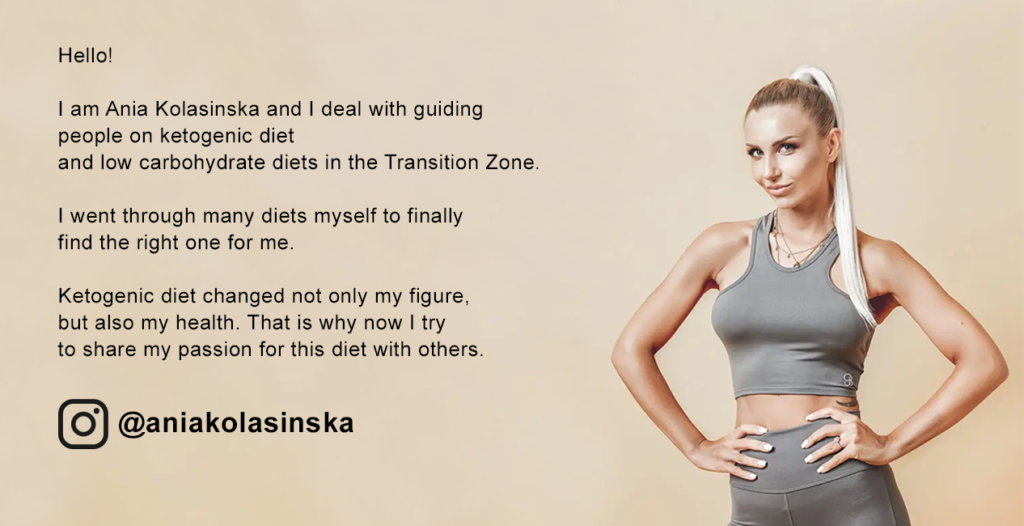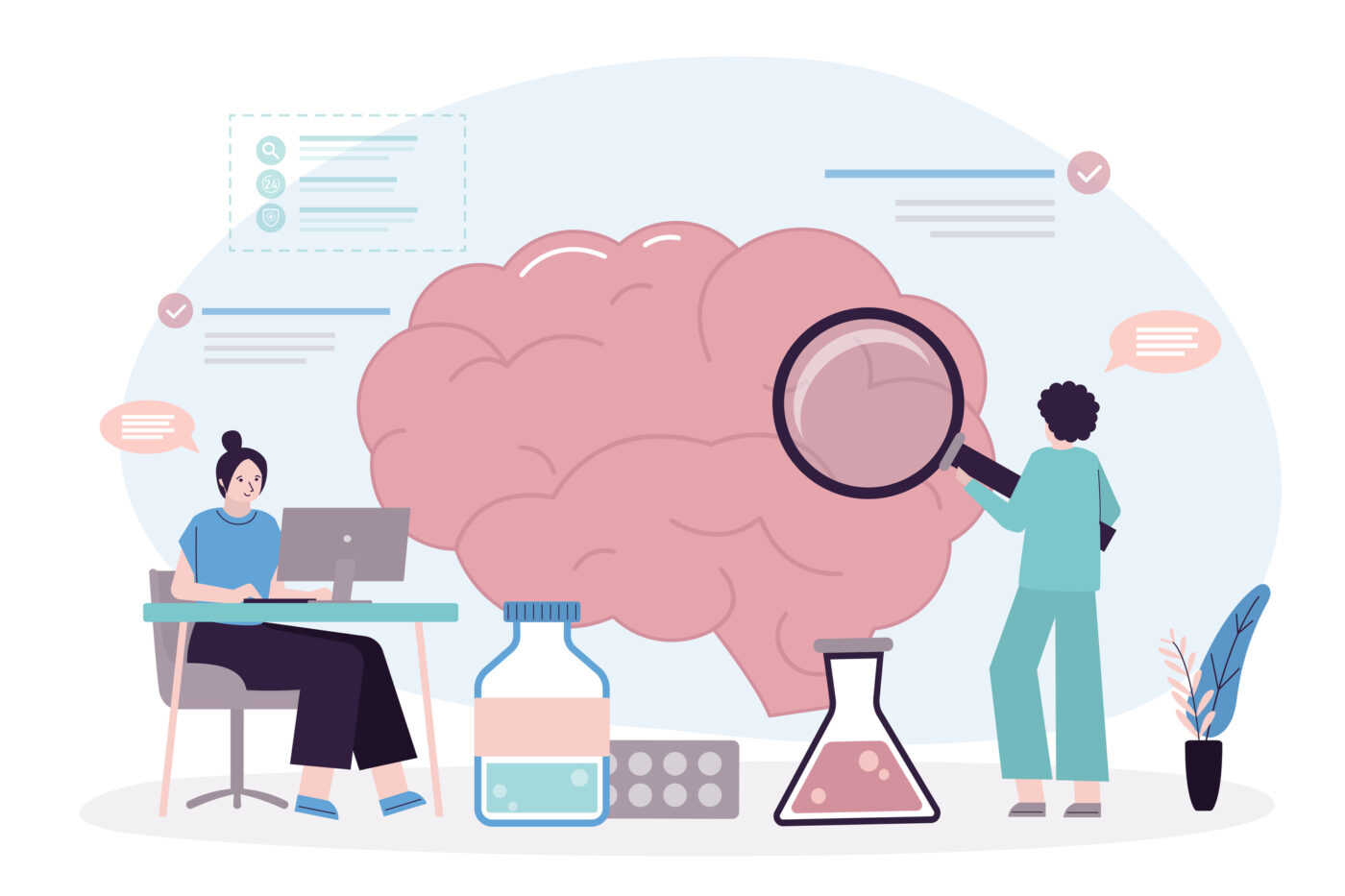THE MOST COMMON KETO DIET MISTAKES

So what are the most common ketogenic diet mistakes and what to avoid to minimize unwanted symptoms?
Learn 9 easy ways not to make mistakes
- Too much protein in the diet and not enough fat. Although fat has been demonized and suggested to be limited for many years, the ketogenic diet, especially during the adaptation period, consists of almost 80% of calories from fat. Many people are afraid that by eating a lot of fat they will gain weight, so they consume a lot of protein at the same time. The ketogenic diet is not the Dukan diet, in which protein dominates. It is these types of mistakes on a ketogenic diet that can cause you to feel bad.
- Too many carbohydrates in the diet. It is accepted that eating too few carbohydrates causes problems with concentration, affects energy levels throughout the day, and even affects the work of organs such as the thyroid. However, carbohydrate restriction in the diet does not cause these types of unwanted symptoms. Our body is able to produce up to 200g of glucose per day on its own, and the preferred source of energy for our brains is ketone bodies. If you are concerned that you are eating too few carbohydrates, even for a ketogenic diet, then try increasing the amount of vegetables you eat throughout the day.
- Eating too much. One of the biggest mistakes on a ketogenic diet is eating with a watch in hand every 3 hours. It is important to remember that when you eat, you are raising the insulin levels in your blood each time. This has a very common effect on falling out of a state of ketosis. On a ketogenic diet, the most important thing is to get full and only eat when you are hungry. Listen to your body.
- Consume plenty of zero calorie (light/low-cal) foods. Especially during the adaptation period, but not only, be careful with both zero-calorie drinks and all kinds of sweeteners. The adaptation period is a very special time when the body needs to switch from an energy source like glucose to fat. Zero calorie products can significantly prolong this process and aggravate keto flu symptoms.
- Too few carbohydrates in the diet. We know we wrote about too much above, but many people tend to treat the ketogenic diet with zero-carb. Remember that every body is different and after a period of adaptation, our tolerance for carbohydrates can vary greatly. This will be influenced by factors such as the amount and quality of sleep, training regime and stress. After the adaptation period, it’s a good idea to gradually increase the amount of carbohydrates and check your tolerance.
- Another big mistake on the ketogenic diet is the absolute exclusion of fruits and some vegetables. As we mentioned in the point above, some people on a ketogenic diet will be able to eat up to 100g of carbohydrates per day (the norm, however, is about 50g). So why shouldn’t they indulge in tomatoes, bananas or potatoes if that’s within their daily carbohydrate tolerance?
- Too much fat. It’s hard to overeat fat because it’s very filling and leaves your body satisfied and full for a long time. However, you can also overdo the amount of fat on a ketogenic diet. It is not that the keto diet is a magical way of eating, so you can eat as much as you want and still lose weight. Unfortunately, it doesn’t work that way. A ketogenic diet should be a varied diet, not a meal consisting of bacon, butter and cream. Therefore, let’s follow a “clean keto” diet and eat healthy, nutritious and wholesome food.
- Not overeating. A large number of people go on a ketogenic diet and continue to calculate the number of calories, often with a large caloric deficit. Particularly during the adaptation period, it’s important to eat to your heart’s content and not keep restricting.
- Drinking alcohol. Alcohol is a controversial topic on any diet, but just like food, it has calories that we often forget about. Especially during the adaptation period we should avoid alcoholic beverages, while later it is worth paying attention to the amount of sugar they contain. This applies especially to cocktails and sweet wines. Therefore, when it comes to alcohol, the simpler, less processed and sugar-free the better.



